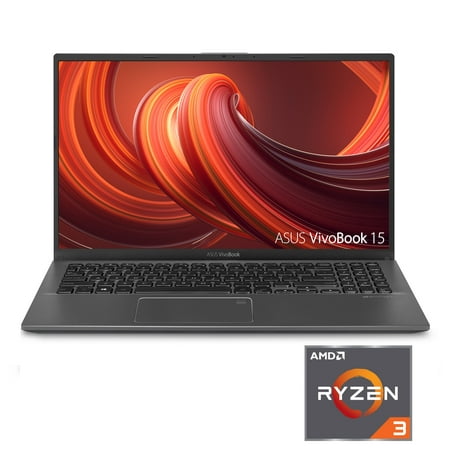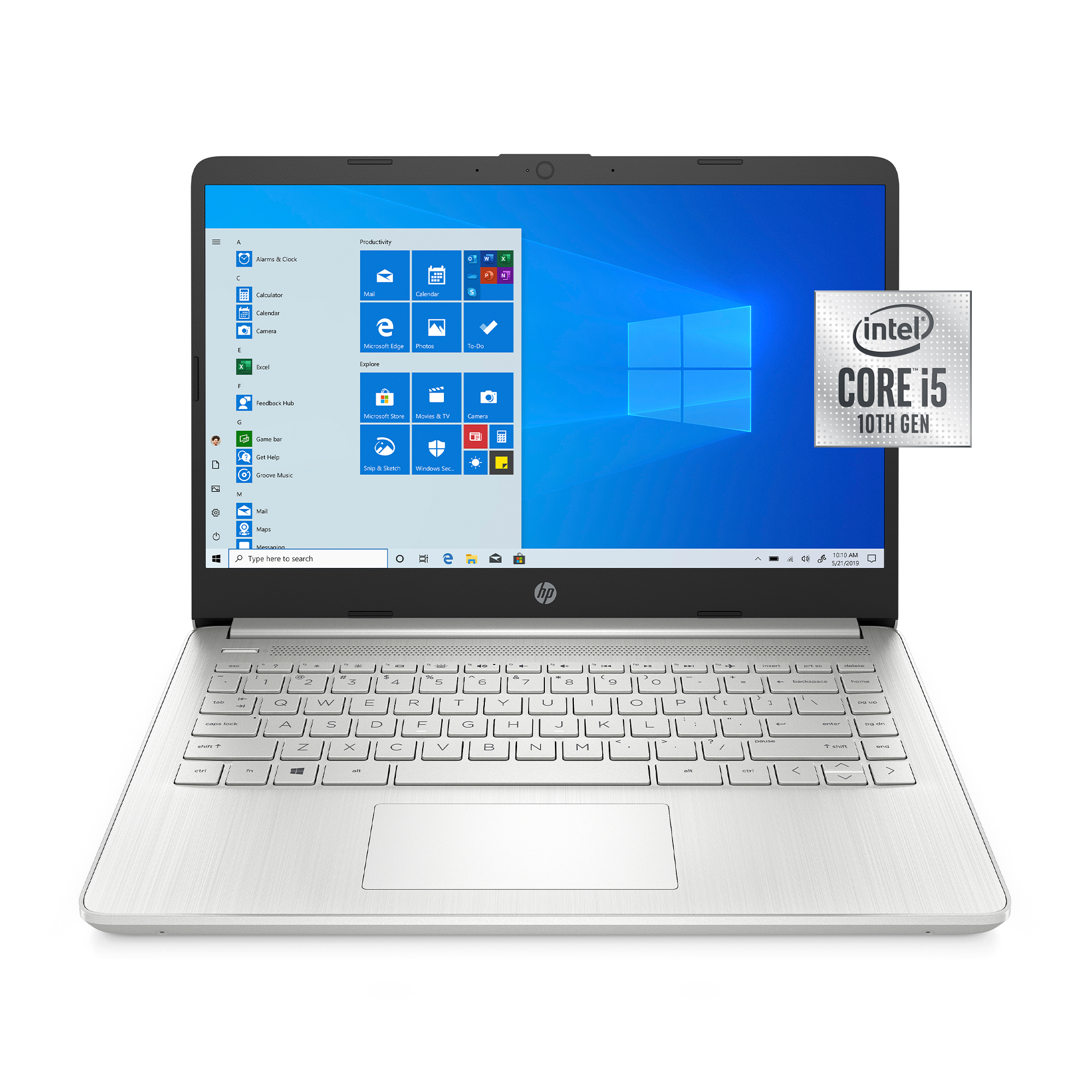HP OMEN Gaming Laptop 17t-cb100|Intel Core i7 10th Gen|16 GB DDR4|17.3″ Display|Windows 10 Home 64|8VD66AV_1
Windows 10 Home 64. 10th Gen Intel® Core™ i5 processor. NVIDIA® GeForce® GTX 1660 Ti (6 GB). 8 GB memory; 256 GB SSD storage. 17.3″ diagonal FHD Display.
Stunning desktop-grade power in a sleek, portable design keeps you playing your best wherever gaming takes you. Take on the most demanding AAA game titles with NVIDIA® graphics and an Intel® Core™ processor
[1]
. Immerse yourself in smooth gameplay on a narrow-bezel display with fast refresh rates.
Desktop-grade performance
Get the power of a desktop in your laptop. With an Intel® Core™ processor
[1]
, NVIDIA® graphics, and accelerated storage, nothing holds you back.
Fast, fluid gameplay
Crisp gameplay is crucial if you want to play at your best. With a high resolution and refresh rate, on-screen visuals are swift and smooth, while a narrow bezel display delivers edge-to-edge immersion.
Designed for power
The OMEN 17 Laptop’s sleek, modern design is engineered to produce desktop-grade power. With an advanced thermal cooling solution and single-panel access to internals for easy upgradability, nothing stops you from playing at your best.
Additional information
| Operating system | Windows 10 Home 64 |
|---|---|
| Processor and graphics | Intel® Core™ i5-10300H (2.5 GHz, up to 4.5 GHz, 8 MB L3 cache, 4 cores) + NVIDIA® GeForce® GTX 1660 Ti (6 GB) |
| Display | 17.3" diagonal FHD 144 Hz IPS anti-glare WLED-backlit (1920 x 1080) |
| Memory | 8 GB DDR4-2933 SDRAM (1 X 8 GB) |
| Storage | 256 GB PCIe® NVMe™ M.2 SSD |
| Office software | Office Software Trial |






by Bill
Built to my request work great,
great video
Great for gaming
by Lala
I purchased for my 14-year-old son super excited love love love wonderful ratings so far.
by Bartley
I’m please with this computer. Powerful, fast and meet my expectations.
by Matt
I bought this for my Son’s birthday he loves it, everything he needs in a Laptop.
by Lisa
Had a Dell prior to this and it was really slow just to start up, never mind browse around. Our new Omen is so fast and was real easy to set up and get going. Love it.
by Thomas
The keyboard is very responsive and the processor is lightning fast.
by Alex
I love the product. I customized it exactly how I wanted it, and I am incredibly pleased so far. This laptop is FAST! An SSD makes a world of difference. The shipping time was very disappointing though. It took almost a month (about 25 days) for my laptop to arrive. In today’s world, that’s unacceptable.
by Dennis
Beware of those who leave negative feedback. If you study their comments you will find that most of them are made by “gamers”, individuals who purchase computers to play games. When the device does not deliver, they make negative comments. ANY HP laptop will exceed its expectations when used for everyday use. Those who want or need MORE than HP can provide in a computer should build their own.